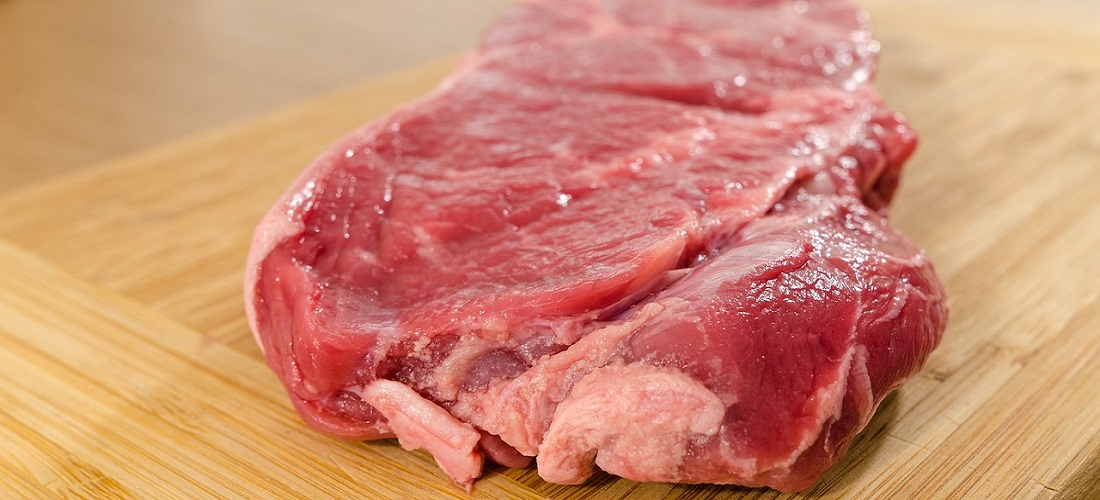
Ongoing U.S.-China Trade War to Benefit Beef Exporters, Assess Top Brazilian Official
Mar, 20, 2025 Posted by Gabriel MalheirosWeek 202512
Brazil’s Agriculture Minister Carlos Fávaro announced on Wednesday (March 19) that China is expected to approve “several dozen” Brazilian beef processing plants for export in 2025. According to Fávaro, a new list of 44 facilities that have met China’s sanitary requirements has been submitted and is now awaiting Beijing’s approval. The ongoing U.S.-China trade war could further benefit Brazilian beef exporters.
“We expect several dozen plants to be approved this year, creating more opportunities for our producers,” Fávaro stated during a public hearing at the Federal Senate. “Under this administration, 48 new plants have already been cleared, and that number is set to increase.”
Fávaro also noted that the current tensions between Beijing and Washington could help Brazil expand its market share in China, which is already the largest importer of Brazilian beef. He confirmed reports that China has not renewed the export licenses for U.S. beef processing plants.
“China follows a pre-listing model, and the licenses for U.S. beef plants were not renewed. Around 400 American facilities have lost their export approval. This strengthens Brazil’s position and presents a major opportunity for us,” Fávaro stated.
The chart below shows Brazil’s beef exports to China between January 2021 and January 2024. The data comes from DataLiner.
Beef exports to China | Jan 2021 – Jan 2025 | TEUs
Source: DataLiner (click here to request a demo)
Brazil Eyes Beef Exports to Japan
While strengthening its position in China, Brazil is also seeking market access to Japan. Next week, President Luiz Inácio Lula da Silva will travel to Japan on an official mission, accompanied by about 40 business leaders who will participate in a parallel agenda in Tokyo. As part of their efforts, they are planning to host a Brazilian-style barbecue event featuring President Lula, aiming to advance bilateral trade negotiations.
Opening the Japanese market has been a long-standing goal for Brazil’s beef industry. However, while the business climate is seen as favorable, no immediate breakthrough is expected. Industry leaders believe they have already met all technical and sanitary requirements, but the Japanese government is only expected to send a delegation to Brazil in 2025 to conduct an on-site audit of processing plants.
Fávaro confirmed he will join the official delegation on its March 22 departure to Japan. While he does not anticipate finalizing negotiations, he emphasized that the goal is to make further progress in securing market access.
“I’m traveling to Japan to push forward another step in opening the market for Brazilian beef. At the same time, I’m confident we are on the verge of securing access to Vietnam,” he stated. “If we successfully enter these two markets—along with South Korea and Turkey, which are also in our sights—Brazilian beef exports could rise by 30% from the current 2.8 million tonnes.”
New SIF System to Speed Up Approvals
During the Senate hearing, Fávaro also announced the launch of a streamlined version of the Federal Inspection Service (SIF) on Thursday (March 20). The new system aims to expedite the registration process for businesses dealing in animal protein. The process will be fully digital, allowing entrepreneurs in the meat, dairy, and processed foods sectors to obtain SIF certification within minutes.
“For cases requiring further review, our ministry’s team will ensure a swift and fully digital assessment,” Fávaro explained. The project is part of the SDA Digital initiative, which aims to digitize all processes within the Agricultural Defense Secretariat by 2025.
Fávaro also announced that in May, the government will roll out the Unified System for Information, Petition, and Electronic Evaluation (Sispa), as outlined in Brazil’s new Pesticide Law (Law No. 14,785/2023).
The platform will streamline the registration process for new pesticides, eliminating the current three-agency approval system involving the Ministry of Agriculture, the National Health Surveillance Agency (Anvisa), and the Brazilian Institute of Environment and Renewable Natural Resources (Ibama).
“This will modernize the approval process for new pesticides, eliminating bureaucratic back-and-forth,” Fávaro stated. “The new system will be used by the Ministry of Agriculture, Anvisa, and Ibama, consolidating all requests into a single platform, reducing bureaucracy, and increasing efficiency.”
Fonte: Globo Rural
-
Economy
Jun, 25, 2024
0
Paraguay tops the list for the highest economic growth in the region, according to the World Bank
-
Fish
Jun, 30, 2021
0
Fish production advances and revenue exceeds R$1 billion
-
Economy
Jan, 07, 2025
0
Brazil Ends 2024 with $74.5 Billion Trade Surplus
-
Tradelane Graphs
Jan, 15, 2019
0
DataLiner TradeLane Graphs | Jan 2012 to Nov 2018 (TEU)

